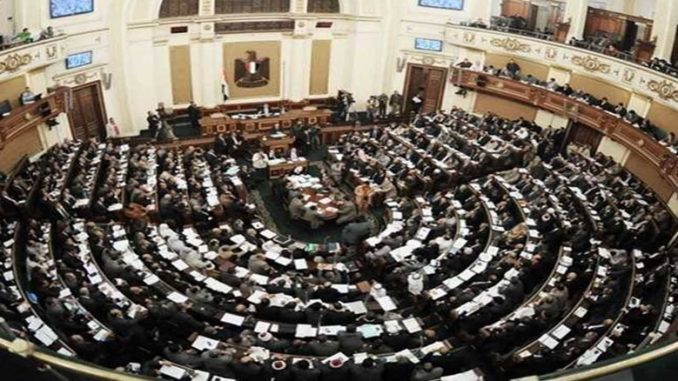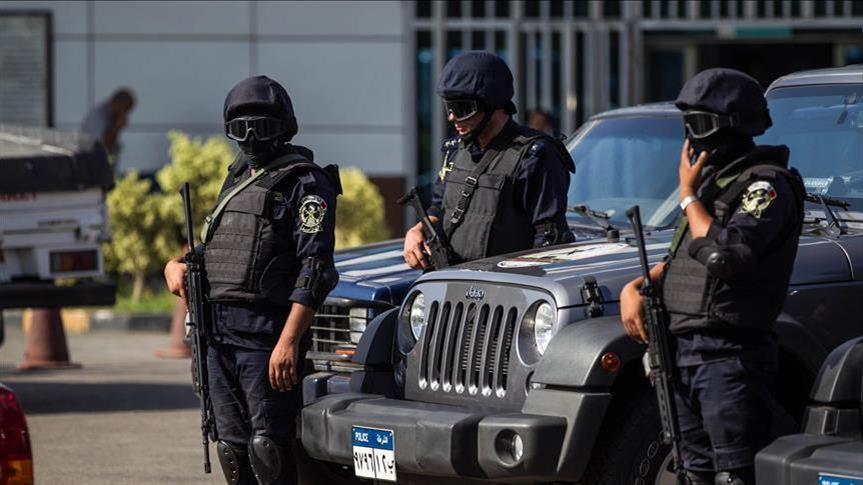
The Egyptian Parliament has approved a draft law amending some articles of Law 30 of 1975 on the Suez Canal Authority.
The amendment aims at establishing a fund belonging to the Suez Canal Authority and increasing its capabilities to contribute to achieving sustainable economic development and make use of the fund’s money to purchase, sell, hire and exploit assets in the best way.
It also aims to enable the Suez Canal Authority to deal with crises and emergency conditions resulting from exceptional circumstances and bad economic conditions and increase its capital and investments in securities.
However, lawmakers have criticised the paragraph which would allow the fund to sell or lease the authority’s assets, with a parliamentarian likening the amendment to a draft bill put forward in the 1970s to sell the pyramids of Giza.
The change would allow the Suez Canal authority — whether independently or in partnership with third parties — to use the fund to establish companies and invest in securities and private ventures. The law also allows the fund to independently sell, rent or transfer its assets as it sees fit.
A lawmaker of the New Wafd party, Mohammed Abdel-Alim Daoud, said during the voting session, that establishing the fund is tantamount to emptying Egypt of its money, and converting public money into private money which represent an imminent danger to the state.
“This is the Suez Canal owned by the Egyptian people, and not a public sector company that is sold at the lowest price,” he added.
A representative of the Egyptian Democratic Party, Ihab Mansour, said the party rejects the draft law, adding that the “lack of a unified budget is one of the main defects affecting the state’s general financial policy.
“Establishing a fund for the Suez Canal Authority is tantamount to emptying Egypt of its money, and converting public money into private money. This project represents an imminent danger to the Egyptian state,” said MP Mahmoud Dawood during the plenary session.
“The lack of unity in the national budget is one of the main defects of the state’s general financial policy,” said MP Ehab Mansour, a representative of the liberal Egyptian Social Democratic Party, on Monday.
Mr Mansour said Egypt was suffering as a result of the 7,000 private funds and accounts in the country.
“Their profits last year alone were about 36 billion pounds, of which only 3 billion pounds were deducted to support the national budget,” he said.
In 2015, Egypt’s government said it would be moving to integrate the majority of the country’s private investment funds into the state’s coffers in a bid to reduce corruption and boost transparency.
The Suez Canal is an important symbol of Egyptian patriotism after it was nationalised by former president Gamal Abdel Nasser. He founded the canal’s authority in 1956 as the first Egyptian entity to fully own and operate the waterway and its operations since its inauguration in 1869.
Mr Nasser famously said in a July 26, 1953 speech that 120,000 Egyptians had died digging up the canal. Later estimates claimed the number was much less, nonetheless, this contributed to making the canal an almost mythological symbol of Egypt’s victory against western colonialism.



